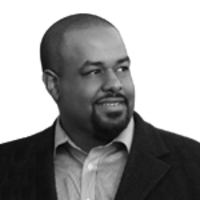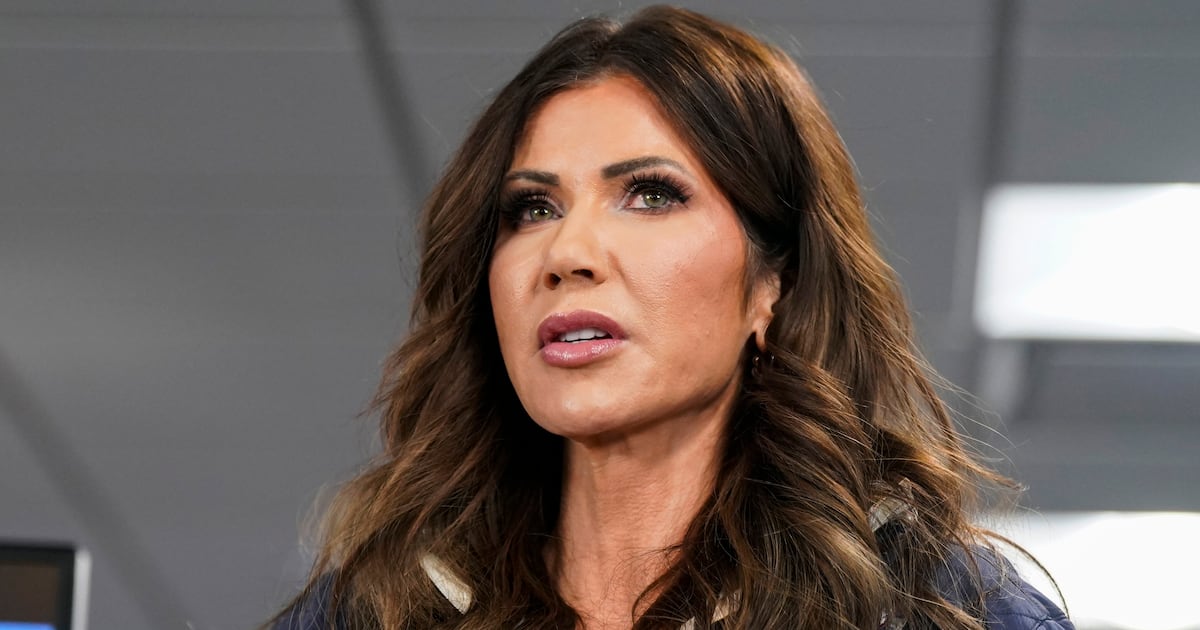For many African Americans, this is shaping up to be the Ferguson Election.
Around the country, black voters are being mobilized to vote in the 2014 midterms with the argument that the death of Michael Brown resulted, in part, from lack of black civic participation. While the population of Ferguson is nearly 70 percent African American, only 6 percent cast a ballot in the last municipal elections. This led to a majority-black city where the mayor and five of six city councilpersons are white—and a police force that many see as rejecting standards of community policing and ignoring concerns of black residents. As the argument goes, Michael Brown may have been felled by a bullet in August, but the context around his death was created at the ballot box the year before.
In response, political parties, advocacy groups, and prominent spokespeople are pointing to the crisis in Ferguson to motivate blacks to go to the polls, often in striking ways. The Dream Defenders—a Florida-based organization of young activists formed in the aftermath of Trayvon Martin's death—has gone viral with its "Vest or Vote" campaign, anchored by a powerful tongue-in-cheek video which presents a stark choice between dressing black children in bulletproof vests before they head to school, or voting in the midterms. The video is accompanied by a photograph of a young black girl wrapped tightly in Kevlar, and a pledge card asking people to vote.
The Dream Defenders are not alone. The Georgia Democratic Party sent mailers to black voters with iconic images from the streets of Ferguson asking citizens to vote "if you want to prevent another Ferguson" and noting that "[t]he choices may not always be perfect, but the cost of inaction is simply too great." A Democratic Party spokesperson didn't shy away from the Ferguson/Georgia comparison in an interview with the Atlanta Journal-Constitution, saying, "You have communities that can explode like that because you’ve taken the opportunity away from them."
African American clergy are getting in on the action as well. Prominent black denominations and faith leaders like Rev. Cynthia Hale, Dr. Barbara Williams-Skinner and others are calling the final two Sundays before the election "Freedom Sunday" and "Turnout Sunday" and asking congregants to go to the polls, often with a Ferguson-motivated appeal. In one example, Texas pastors—including Bishop T.D. Jakes and prominent national pastor Dr. Freddy Haynes—recorded videos for “Freedom Sunday Texas,” connecting the midterms with 1964's Freedom Summer and encouraging black midterm voting (the author has worked with these clergy and others on civic participation issues).
Not all African Americans leaders are encouraging black voter turnout, however, even in the shadow of Ferguson. Journalist and pundit Tavis Smiley said in a recent interview with ABC News that "if you're black or brown, other than helping to save the Democrats' hide," there are no good reasons to turn out to vote this November. Smiley claimed that Democratic appeals to black voters are more about election year politics than a genuine desire to change policies.
But the appeals continue, and there is some evidence that they’re catching on. The “Vest or Vote” video has been seen more than 40,000 times, and from social media to black radio to the barbershop, midterm elections are becoming a central topic of African American conversation. For black folks this November, the “Ferguson Election” may indeed motivate more to come to the polls; what’s yet to be determined is how this turnout will shape the broader political landscape.






